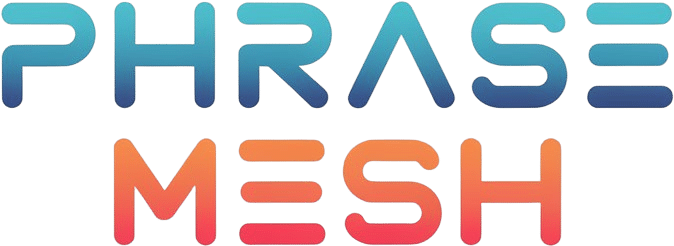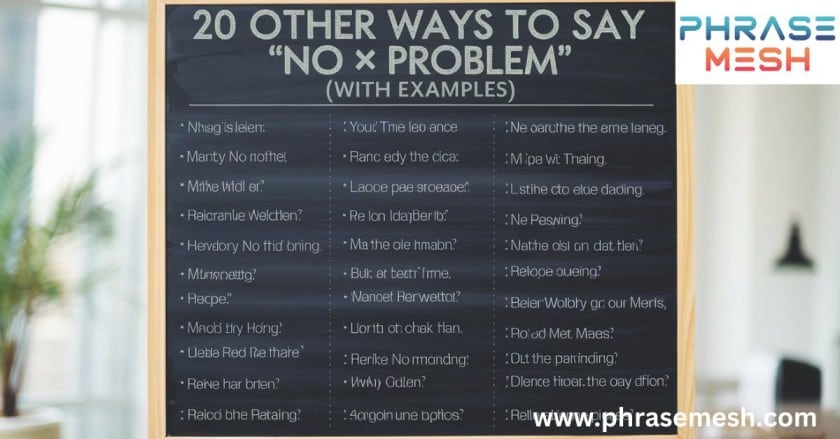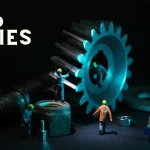We’ve all been there. Someone thanks you for a favor, and out pops that reflexive “No problem!” But let’s face it – our language could use a bit more pizzazz. In this article, we’ll explore alternative phrases for “no problem” that’ll jazz up your conversations and emails. From casual chats to professional settings, we’ve got you covered with fresh ways to acknowledge gratitude.
Is It Professional to Say “No Problems”?
Is it professional to say “No problems”? While casual and friendly, this phrase might not always hit the mark in formal settings. It’s generally more professional to use alternatives like “My pleasure” or “Happy to assist.”
The key lies in reading the room and adjusting your language accordingly. In relaxed work environments, “No problems” can be fine, but in high-stakes situations or with clients, opt for more polished responses to maintain a professional tone.
What To Say Instead of “No Problem”
Here’s a concise list of 20 alternative ways to say “No problem” :
- Happy to help!
- It’s my pleasure.
- Anytime!
- Glad I could assist.
- Don’t mention it!
- It was nothing.
- I’m happy to be of service.
- The pleasure is all mine.
- No sweat!
- I’m glad I could be of assistance.
- My pleasure!
- Not at all!
- I’m happy to do it.
- It’s no bother.
- That’s what friends are for!
- I’m glad I could help.
- It was my pleasure to assist.
- Think nothing of it!
- I’m just doing my job.
- It’s all good!
These alternative phrases for “no problem” cover a range of tones and situations, from casual acknowledgment expressions to more professional ways to say “you’re welcome”. They offer polite responses to “thank you” suitable for various contexts, including workplace communication alternatives and customer service language variations.
Remember, the key to using these friendly reply alternatives effectively lies in choosing the right phrase for the situation. Consider factors like:
- The formality of the setting
- Your relationship with the person
- Cultural context
- Industry norms
By thoughtfully selecting from these positive affirmation phrases and gracious acceptance words, you can enhance your communication skills and build stronger relationships in both personal and professional spheres.
1. “Happy to help!”
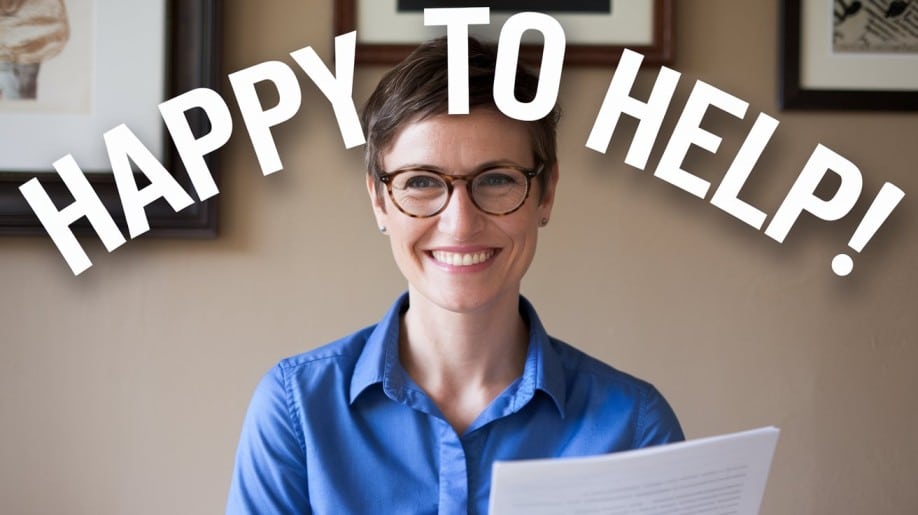
This phrase oozes warmth and sincerity. It’s a friendly reply alternative that works wonders in both personal and professional contexts.
Example scenario (Email):
Subject: Re: Thanks for the assist!
Hi Sarah,
Happy to help! Your success is our team’s success. Let me know if you need anything else as you prepare for the presentation.
Best, Alex
2. “It’s my pleasure.”
A classic polite response to “thank you”, this phrase adds a touch of elegance to any interaction. It’s perfect for customer service or formal settings.
Example scenario (Hotel concierge):
Guest: Thank you so much for arranging the last-minute dinner reservation.
Concierge: It’s my pleasure, Mr. Johnson. Enjoy your evening at Le Petit Bistro!
3. “Anytime!”
This casual acknowledgment expression conveys openness and willingness to assist in the future. It’s great for building rapport with colleagues or friends.
Example scenario (Text message):
Friend: Thanks for picking up my mail while I was on vacation!
You: Anytime! Hope you had a blast in Hawaii. 🌴
4. “Glad I could assist.”
Here’s one of those professional ways to say “you’re welcome” that strikes the right balance between formality and friendliness. It’s perfect for workplace communication.
Example scenario (Email):
Subject: Re: Project data
Dear Dr. Martinez,
Glad I could assist with the data analysis. Your research is groundbreaking, and I’m honored to contribute in any way.
Regards, Emma Chen, Research Assistant
5. “Don’t mention it!”
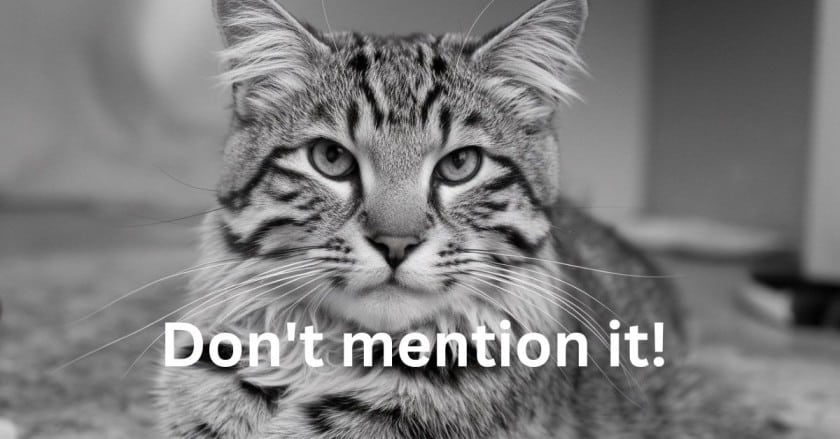
This informal gratitude response adds a dash of casualness to your conversation. It’s a great way to put someone at ease after they’ve thanked you for a small favor.
Example scenario (Office kitchen):
Coworker: Thanks for refilling the coffee pot!
You: Don’t mention it! I needed the caffeine boost too.
6. “It was nothing.”
While it might sound dismissive, this phrase actually falls under positive affirmation phrases. It subtly implies that helping others is second nature to you.
Example scenario (After helping a neighbor):
Neighbor: I can’t thank you enough for watching Fluffy while we were at the hospital.
You: It was nothing, really. Fluffy’s a joy to have around. How’s little Tommy doing?
7. “I’m happy to be of service.”
This response works well as part of your customer service language variations. It conveys professionalism while maintaining a personal touch.
Example scenario (Customer support chat):
Customer: Thank you for resolving my issue so quickly!
Support: I’m happy to be of service, Ms. Lee. Your satisfaction is our top priority. Is there anything else I can help you with today?
8. “The pleasure is all mine.”
Among gracious acceptance words, this phrase stands out for its charm. It’s particularly useful in networking events or formal gatherings.
Example scenario (Business conference):
Attendee: Thank you for sharing your insights during the panel discussion.
Speaker: The pleasure is all mine. I always enjoy exchanging ideas with fellow industry professionals.
9. “No sweat!”
This colloquial expression of ease adds a relaxed vibe to your response. It’s best used among friends or in casual work environments.
Example scenario (Text message):
Friend: Thanks for helping me move those boxes yesterday. You’re a lifesaver!
You: No sweat! That’s what friends are for. How’s the new place looking?
10. “I’m glad I could be of assistance.”
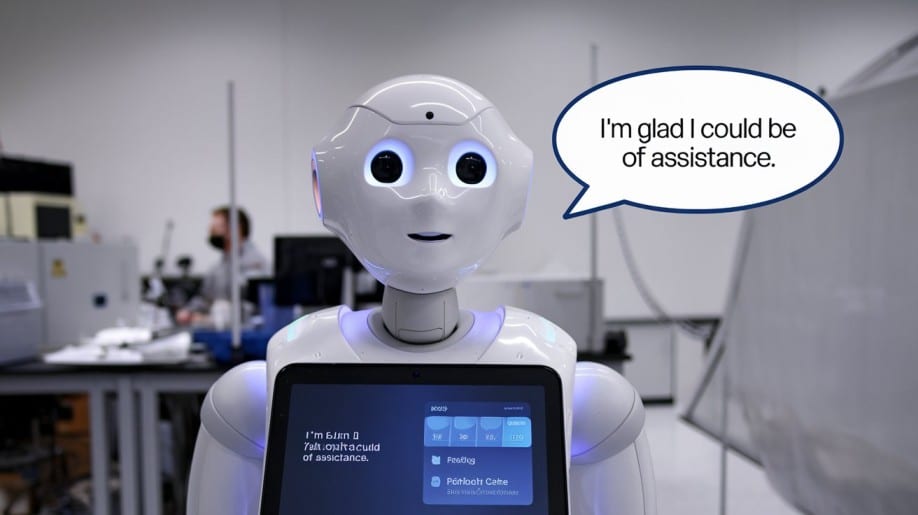
Rounding out our list of workplace communication alternatives, this phrase strikes a professional yet approachable tone.
Example scenario (Email): Subject:
Re: Quarterly report assistance
Dear Team,
I’m glad I could be of assistance with the financial projections. Your hard work is evident in the final report. Here’s to a successful Q3!
Best regards, Financial Analyst Jamie Wong
11. “My pleasure!”
This friendly reply alternative exudes warmth and positivity. It’s versatile enough for both casual and professional settings.
Example scenario (Restaurant):
Customer: Thank you for the excellent service tonight.
Waiter: My pleasure! I hope you enjoyed your meal and will visit us again soon.
12. “Not at all!”
A concise yet effective casual acknowledgment expression that works well in quick interactions.
Example scenario (Office):
Colleague: Thanks for holding the elevator!
You: Not at all! How’s your morning going so far?
13. “I’m happy to do it.”
This phrase falls under professional ways to say “you’re welcome” while conveying genuine satisfaction in helping.
Example scenario (Email): Subject: Re: Project assistance
Dear Raj,
I’m happy to do it. Your project aligns perfectly with our department’s goals, and I’m excited to see the results.
Best regards, Lila
14. “It’s no bother.”
Use this informal gratitude response to reassure someone that their request wasn’t an inconvenience.
Example scenario (Phone call):
Friend: Sorry for calling so late about the recipe.
You: It’s no bother! I was up anyway. Now, about those measurements…
15. “That’s what friends are for!”
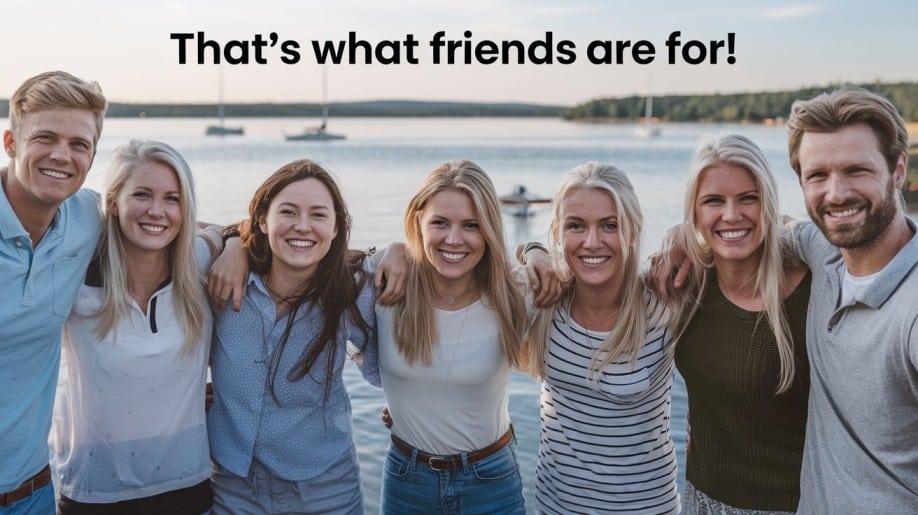
This positive affirmation phrase reinforces your relationship and willingness to help.
Example scenario (Text message):
Friend: Thanks again for babysitting on such short notice!
You: That’s what friends are for! Little Emma’s always a joy. Hope your date night was fantastic!
16. “I’m glad I could help.”
A straightforward yet sincere response that works well in various customer service language variations.
Example scenario (Tech support chat):
Customer: Thank you for walking me through the setup process.
Support: I’m glad I could help, Mr. Garcia. Don’t hesitate to reach out if you have any more questions about your new device.
17. “It was my pleasure to assist.”
This formal version of “My pleasure” is perfect for workplace communication alternatives in more traditional or hierarchical settings.
Example scenario (Email): Subject: Re: Presentation feedback
Dear Dr. Yamamoto,
It was my pleasure to assist with your keynote preparation. Your insights will undoubtedly inspire our colleagues at the upcoming conference.
Respectfully, Carlos Mendez, Research Associate
18. “Think nothing of it!”
A charming, slightly old-fashioned phrase that falls under gracious acceptance words. It adds a touch of warmth to your response.
Example scenario (Neighborhood gathering):
Neighbor: Thanks for bringing that delicious pie to the potluck!
You: Think nothing of it! Baking’s my stress relief. I’m just glad everyone enjoyed it.
19. “I’m just doing my job.”
While this might sound dismissive, it’s actually one of those diplomatic responses in conversations that shows professionalism and humility.
Example scenario (Hospital):
Patient: Thank you for taking such good care of me, nurse.
Nurse: I’m just doing my job, Mrs. Thompson. Your quick recovery is all the thanks I need.
20. “It’s all good!”
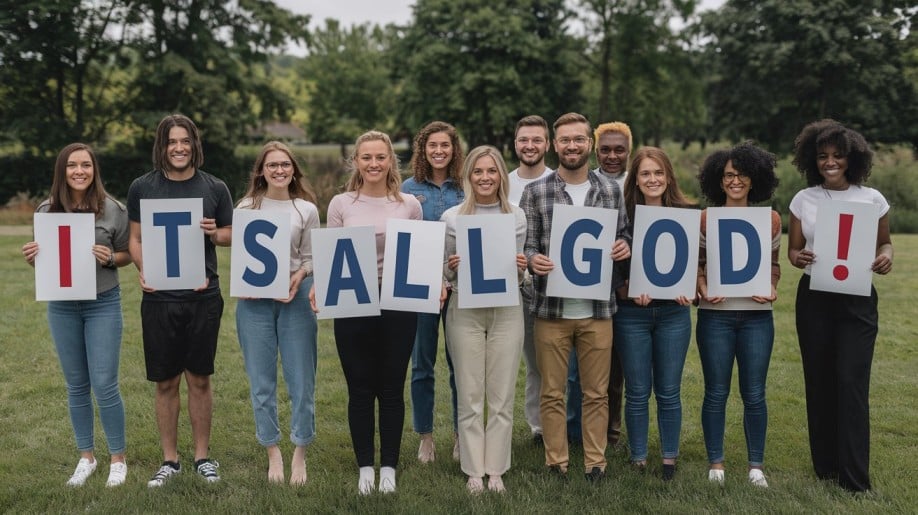
This colloquial expression of ease is perfect for casual situations and adds a laid-back vibe to your response.
Example scenario (Text message):
Friend: Sorry I’m running late for coffee.
You: It’s all good! I grabbed us a table. Take your time and drive safe.
Cultural Variations and Context Matters
When choosing how to respond(No problem!), consider the setting and your relationship with the person. Diplomatic responses in conversations often depend on cultural norms and professional hierarchies. For instance, in some cultures, deflecting praise is seen as polite, while in others, a simple “You’re welcome” suffices.
Situational Responses: Tailoring Your Reply
The art of choosing the right response lies in reading the room. Tone-appropriate acknowledgments can make or break an interaction. In a job interview, you might opt for “I’m confident I can contribute effectively to your team.” In contrast, when a friend thanks you for emotional support, “I’m here for you, always” might be more fitting.
Industry-Specific Courtesy Phrases
Different sectors have their own linguistic quirks. In healthcare, you might hear “It’s part of the job” as a humble response to gratitude. Tech support often uses “Glad we could resolve that for you” as one of their synonyms for “it’s my pleasure”.
The Power of Positive Language
Incorporating mood-enhancing response alternatives into your daily communications can have a surprising impact on your relationships and overall positivity. Instead of a plain “No problem,” try “It’s always a pleasure to lend a hand” to brighten someone’s day.
Relationship-Based Reply Options
Your choice of words can nurture relationships. With close friends, playful responses like “What are besties for?” work well. For professional relationships, “I’m always happy to collaborate on projects like these” reinforces a positive working dynamic.
Contextual Substitutes for “No Problem”
Consider the context when choosing your response. After receiving constructive criticism, “I appreciate your feedback and will put it to good use” acknowledges the input positively. When someone apologizes for a minor inconvenience, “These things happen” can be a casual acknowledgment expression that puts them at ease.
Conclusion: Mastering the Art of Gracious Responses
Expanding your repertoire of responses to gratitude isn’t just about politeness—it’s about enhancing your communication skills. By choosing the right words, you can strengthen relationships, improve professional interactions, and spread a little more positivity in the world.
Remember, the key to mastering these alternative phrases for “no problem” is practice and context. Start incorporating them into your daily conversations, and you’ll soon find yourself communicating with more flair and impact. After all, language is a powerful tool—why not make the most of it?
So the next time someone expresses thanks, skip the automatic “No problem” and try one of these alternatives. You might just brighten their day—and yours—in the process.
